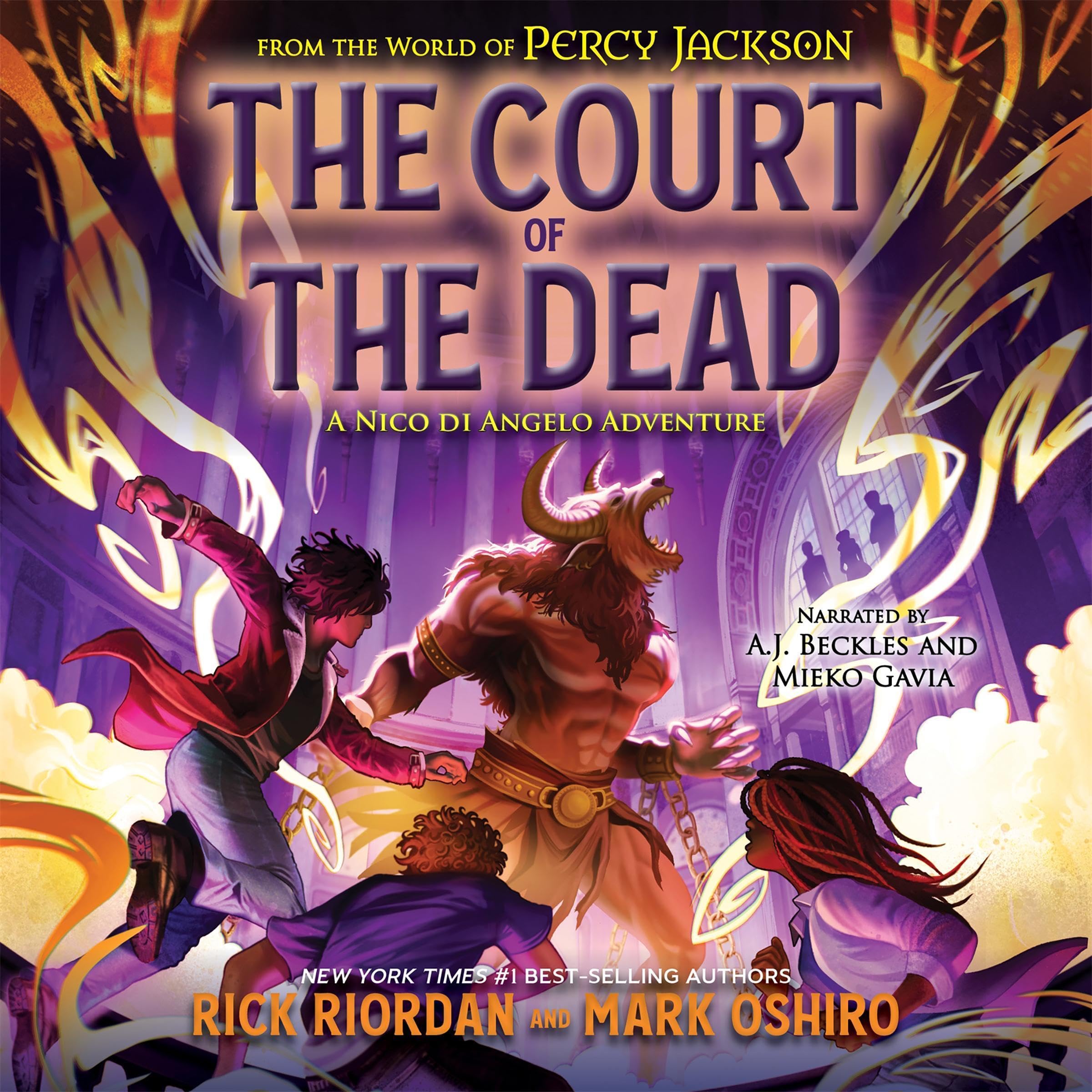Dark Tracks – Philippa Gregory Free Audiobook
Description
Written by
Read by Nicola Barber
Format: MP3
Bitrate: 64 Kbps
Unabridged
Order of Darkness Series, Book 4
Length: 7 hrs and 41 mins
Release date: 01-30-18
Publisher: Simon & Schuster Audio
A reader’s review…”I really liked the premise of this book. Luca and friends are investigating the “dancing sickness.” Villagers are just running around, endlessly dancing. Is there a cure? Can they be saved? What started this madness? Our characters get a bit caught up in this as we see with Isolde and Freize who get caught in the madness. Luca in the meantime goes to the local lord who rules over the village. Luca is seeking the help and assistance of this lord, but the lord is cruel, thinking that the best solution is to kill the dancing villagers. Isolde and Freize end up dancing to a Jewish community for refuge and this is where the more dramatic aspects of the book take place. Philippa Gregory’s biggest theme with this book is the fear of the other. We see that with the fear of the dancing villagers who are “the other.” And we see it again with the Jewish community who are seen as “the other.” There is prejudice and hatred of the other and what is different and not normal in the eyes of people who call themselves charitable Christians. I appreciated what Gregory was doing with the story and how characters behaved with one another with the Jews, but it did get a bit on the nose by foreshadowing the Holocaust. Isolde even has a dream (or maybe even a vision) of the Jews being transported on trains to concentration camps. It reads a bit heavy handed almost and I don’t think pushing the theme of “the other” had to go that far in that direction. We know history often repeats itself and we could have just read that in the context of what was going on—it didn’t need to be forced in the characters dialogue, if that makes sense. “
“…this worked so well as a standalone. Such an interesting premise, obviously based on historical facts. So interesting (and also a little scary) to witness the mistreatment of Jews even back in the 1400s. The ending was poignant and drew the novel to a close so well. Powerful. “
In general, readers and critics thought is was below Gregory’s standards.









